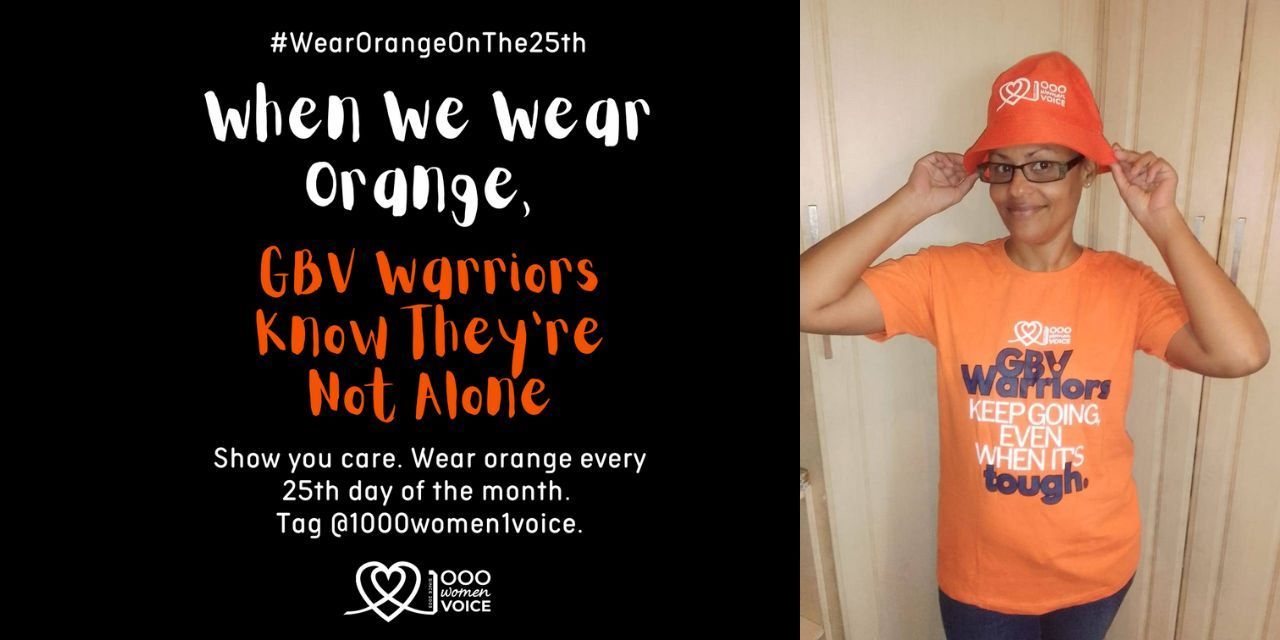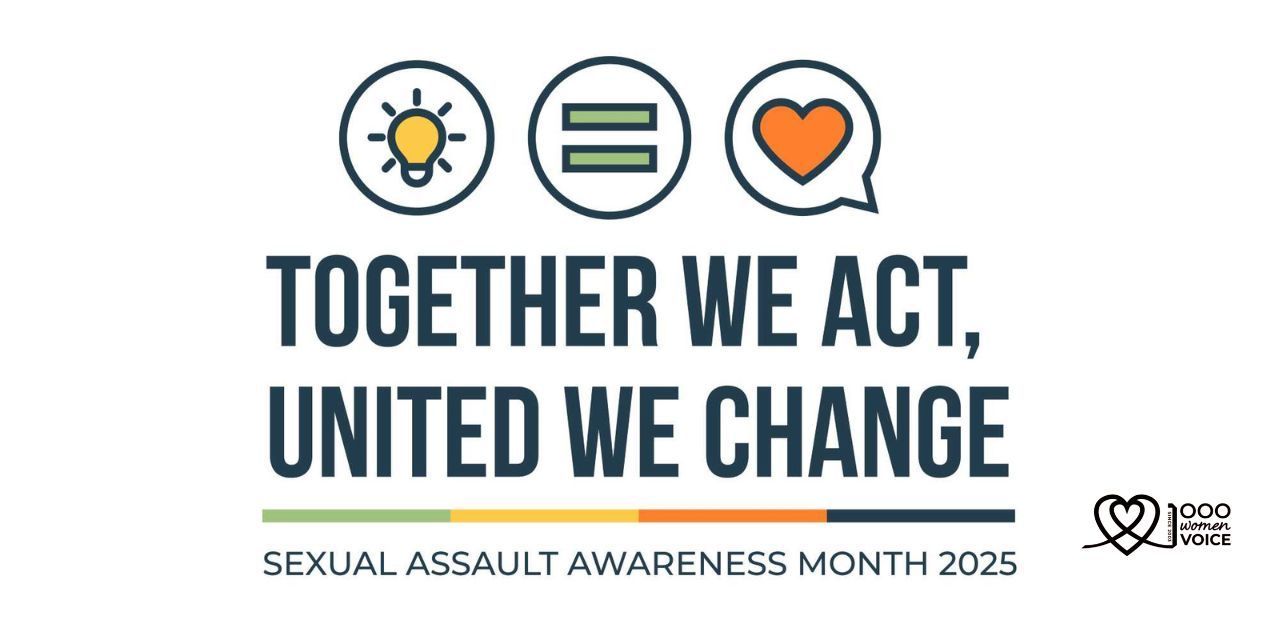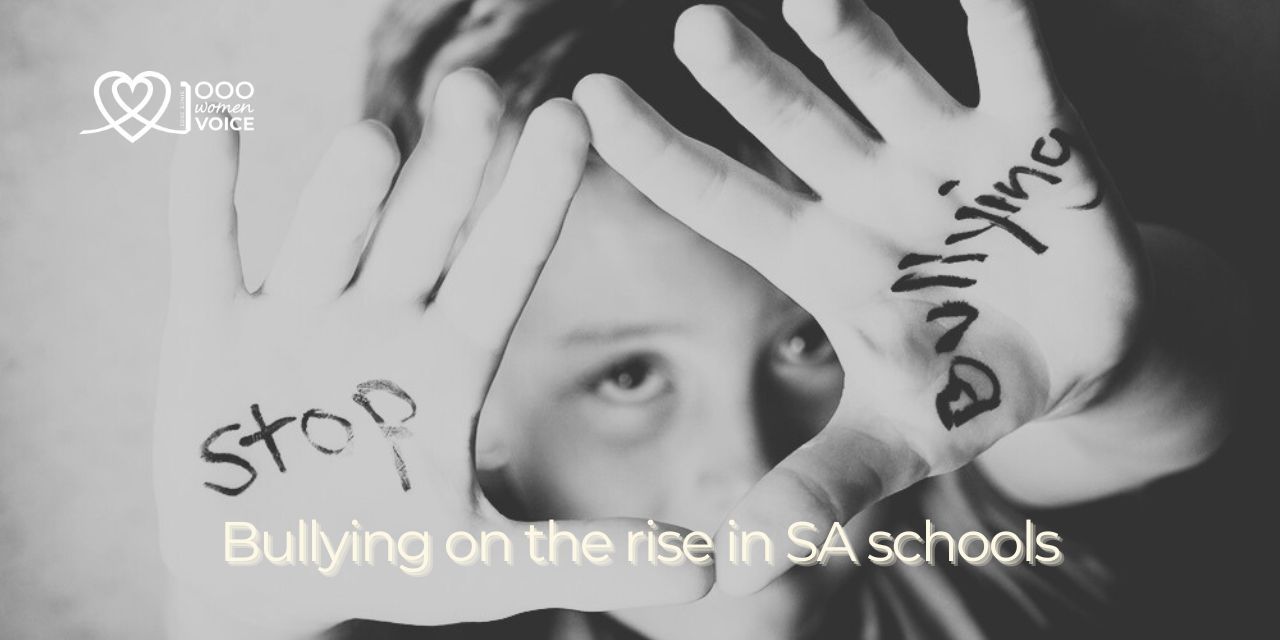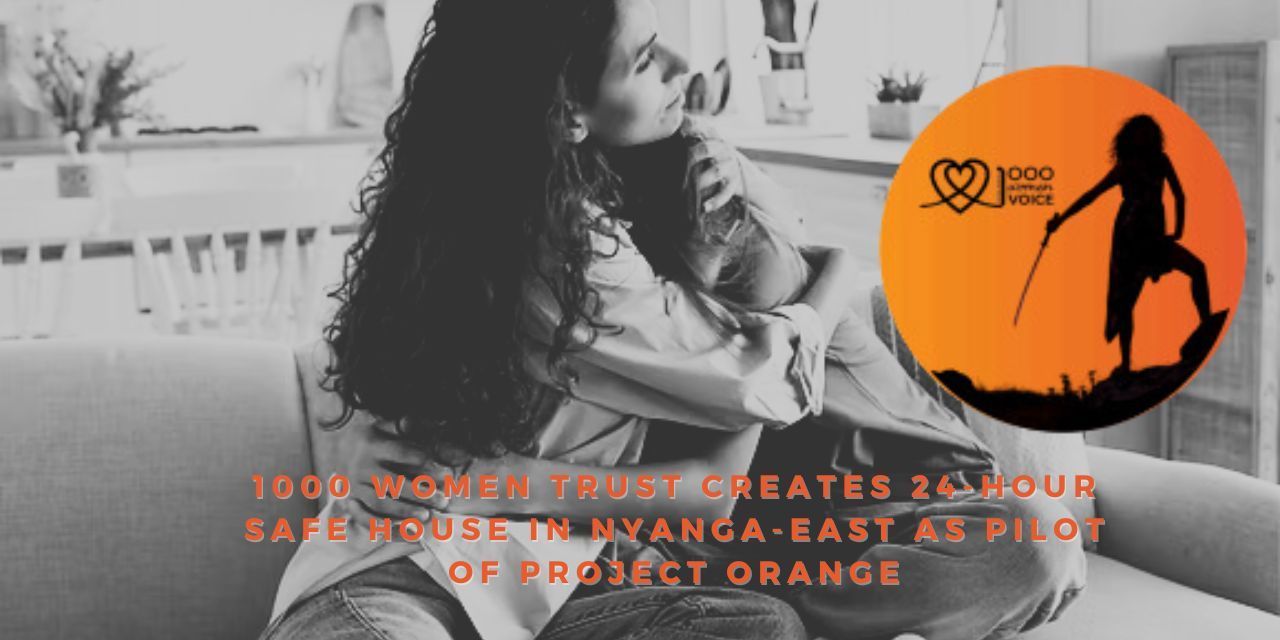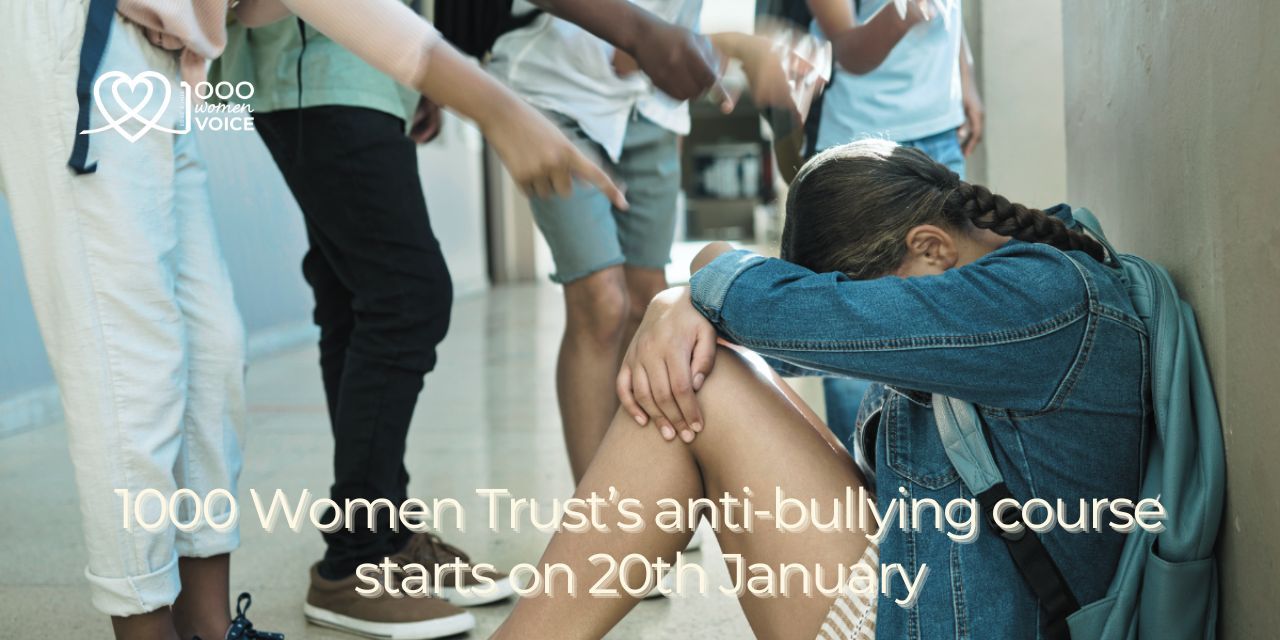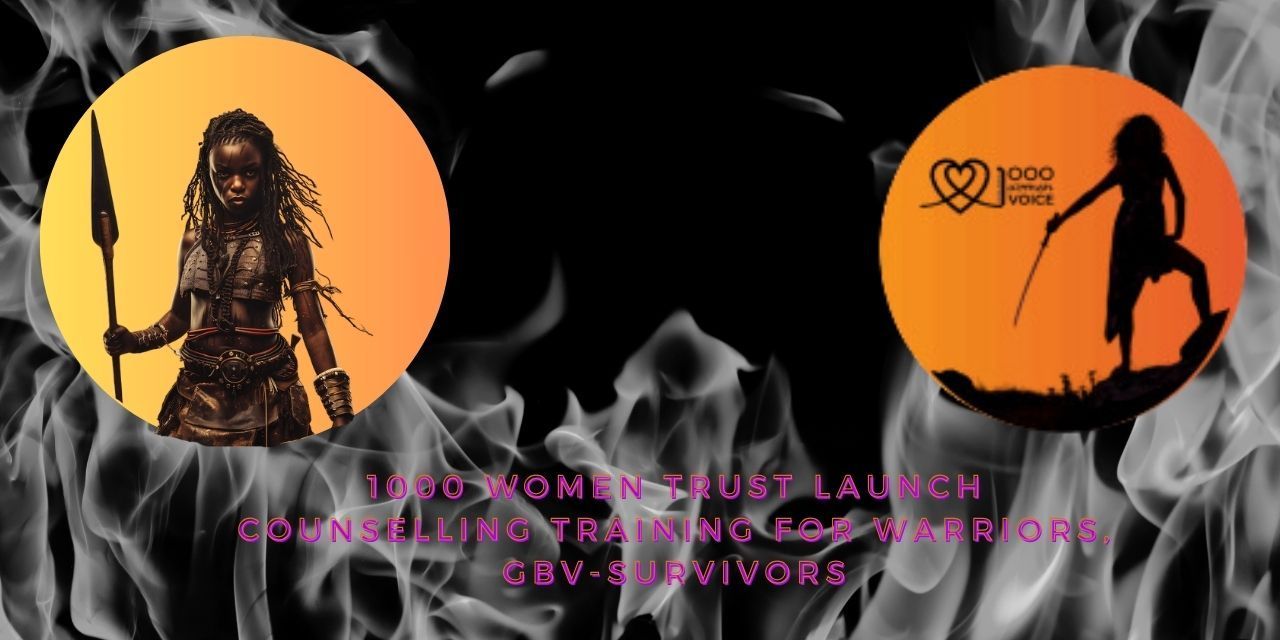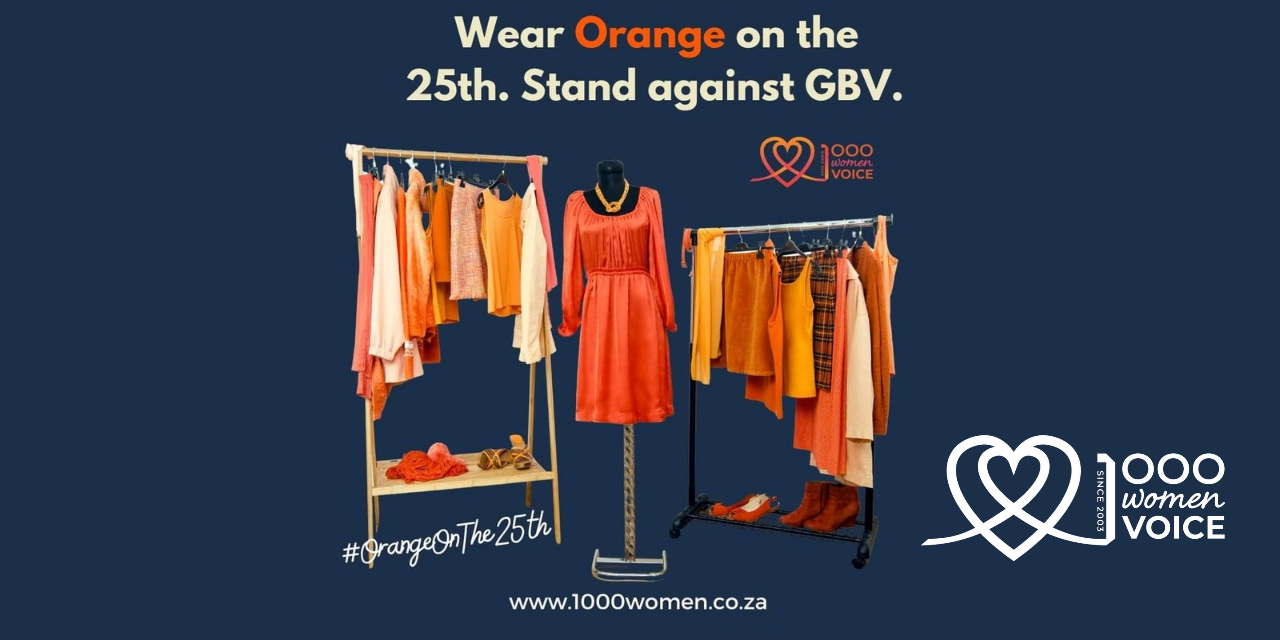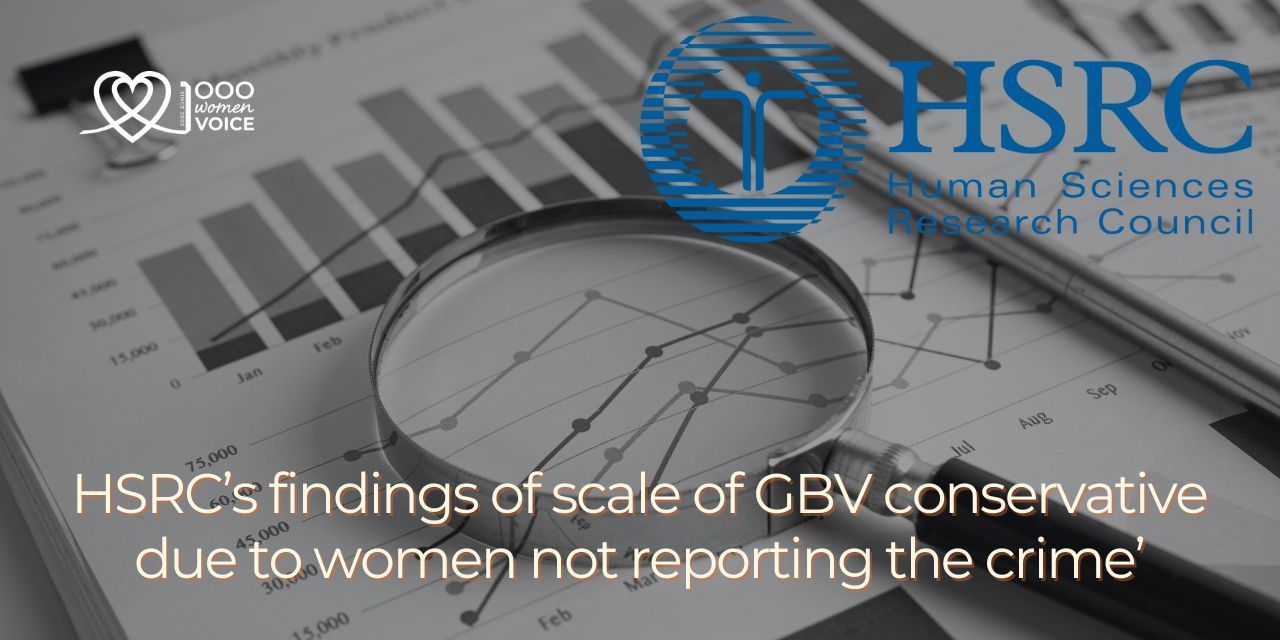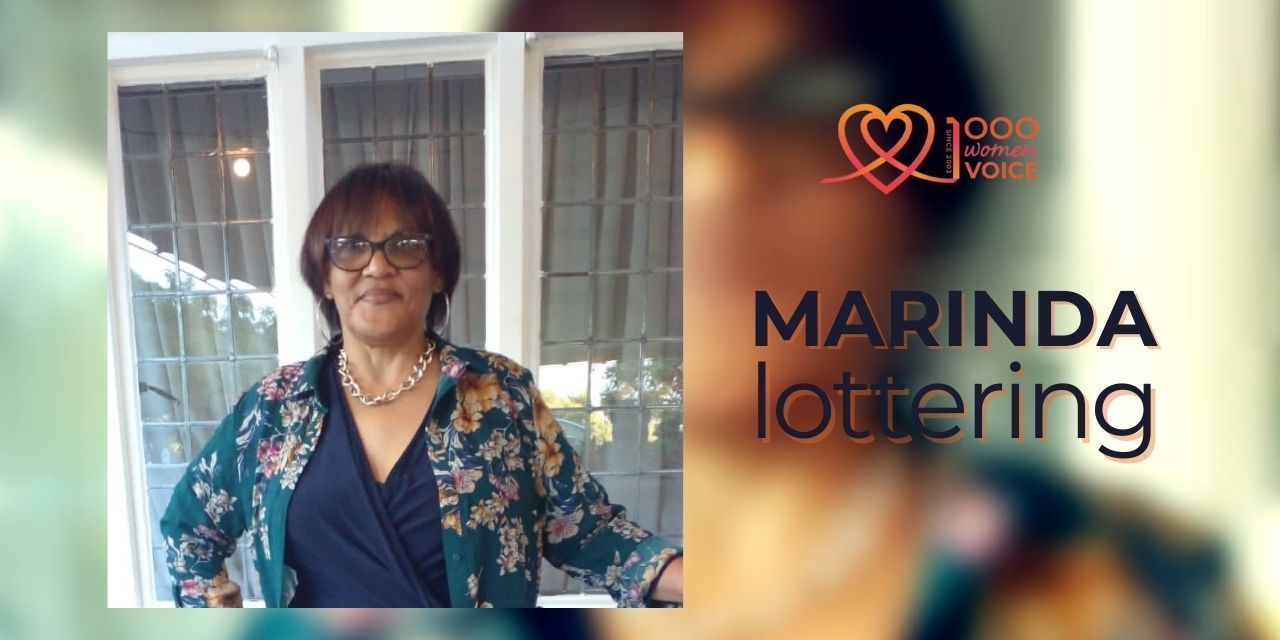Cyberbullying in world’s most internet-addicted country can increase suicide rate, warns 1000 Women Trust
PRESS RELEASE ON BEHALF OF 1000 WOMEN TRUST: 24th NOVEMBER 2023
Cyberbullying has replaced the traditional forms of bullying experienced in classrooms and lockers with the emergence of online harassment, and this scourge with its enormous risk of causing teenage suicides, is exacerbated by the fact that South Africa is the world’s most internet-addicted country, warned Tina Thiart, trustee of the women-led organization 1000 Women Trust.
Therefore 1000 Women Trust, as part of the international campaign 16 Days of Activism for No Violence against Women and Children, is embarking on a comprehensive national campaign on social media and peer-to-peer (groups on Cellphones) to equip women and girls with the knowledge and tools needed to stand up against cyberbullying and create a safer digital space for all, Thiart added.
As 72.3 % of South Africans now have internet access, 46 % of them use social media and( over 112,7 million cellphone coonection active), the focus on cyberbullying becomes increasingly critical. It is especially important for young girls navigating this new terrain where bullying can manifest through digital channels, Thiart added.
"With our longstanding commitment to education and empowerment, we emphasise the importance of knowing what cyberbullying is, understanding its implications, and recognising the influence of internet and social media on mental and physical well-being,” said Thiart.
“We must understand how vulnerable we are to pervasive forms of on-line abuse. In 2022, South Africa became the world's most internet-addicted country, with people spending an average of 9.5 hours online each day. This is roughly three hours more than the global average,” Thiart stated.
“It is critical that we address cyberbullying. Social media cyberbullying statistics show that over 65 % of parents around the world cite cyberbullying on social media as one of their greatest worries. According to a recent Responsible Digital Parenting survey, 32 % of South African children claimed they came across cyberbullying, being bullies themselves, seeing cases among their friends or being bullied themselves, Thiart added.
Cyberbullying is the use of digital technologies, such as the phones, internet, email, social media and smartphones, to harass, intimidate, impersonate, threaten, pick on or harm individuals. It can take various forms and has serious consequences for mental and emotional well-being.
And it is one of the factors that can increase the already alarming suicide rate of 23.5 per 100 000, Thiart emphasized.
“Recent research indicates a stronger association between cyberbullying and suicidal ideation compared to traditional bullying,” Thiart stated.
Despite age restrictions, more young children are becoming active on social media platforms, contributing to the rise in cyberbullying incidents, Thiart warned.
The 1000 Women Trust emphasises that connecting the dots between cyberbullying, revenge porn, and suicide rates is critical for parents. Understanding one's rights, options, and escape routes not only has the potential to save lives but also empowers girls to create hope for a better future.
There are 18 different forms of cyberbullying. The most common one is harassment, which involves persistently sending cruel of threatening messages to a person’s email or mobile phone, causing alarm or substantial emotional stress.
“Revenge porn – another form of cyberbullying – is on the rise in South Africa. It involves distributing intimate photos without consent, causing emotional distress and potential harm to victims’ reputations and well-being,” Thiart remarked.
“Over the next 16 days, we will share tips and insights to empower women on-line and make the internet a safe digital space for everyone. We will speak frankly about cyberbullying issues like cell phone bullying and gender-based violence and will employ hashtags like #1000women1voice, #CyberSafeSisters and #16Daysagainstcyerbullying,” added Thiart.
As part of the campaign, 1000 Women Trust will also facilitate 12 Peer-to-Peer youth group engagements online, where the youth groups, from all nine provinces in South Africa, will be empowered on how to safeguard themselves against cyberbullying.
“These youth engagements are pivotal, as, according to our latest research, at least 90 % of bullies in South Africa, including cyberbullies at school, later become perpetrators of physical gender-based violence in all its forms – including rape and femicide,” warned Thiart.
South Africans who can join the campaign, can visit the Trust on www.1000women.co.za or join the whatsapp-group against cyberbullying on 073-2079079.
1000 Women Trust is a movement dedicated to eradicating domestic violence and advancing human rights for women.
Media release compiled by Fanie Heyns on behalf of 1000 Women Trust. For more information, contact Tina Thiart on 073-2079079 or visit the website on www.1000women.co.za
